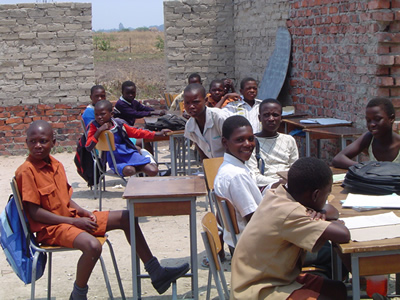So many times people sit at a bar, or family gatherings or even stand in supermarket aisles and complain. It’s almost as though complaining is the first thing we were taught at school.
We complain that it doesn’t rain, and when it does, we complain that it’s raining. We complain about the economy, we complain that there aren’t enough jobs. We complain about the banks, we complain about having to bribe the police. We complain about poor service from ZESA, ZINWA and City of Harare, and when we feel there isn’t anything left to complain about we complain about the government.
So much time and energy is put into articulating these complaints to anyone who will listen. It’s always someone else’s fault, never our own that we let things go so far in Zimbabwe. And we take it further, expecting someone, anyone to fix our problems. We have become so passive as a nation it’s no wonder that corrupt politicians and businessmen feel that they can get away with anything, who is going to stop them?
What would happen if all those complaints, those endless hours spent complaining about how terrible everything is were translated into action? What if instead of passive complaining we collectively did something about our complaints?
Mahatma Gandhi said ‘You must be the change you want to see in the world … In a gentle way you can shake the world.’ No one has to start a revolution in order to be a revolutionary. People like Wangari Maathai, Mother Theresa and Rosa Parks created change just by being – doing the little that they could. They were committed to their beliefs, and defended them when necessary, even though they didn’t have the loudest voices.
It doesn’t take very much to do the right thing every day. Every step taken, every word spoken and written, counts.










